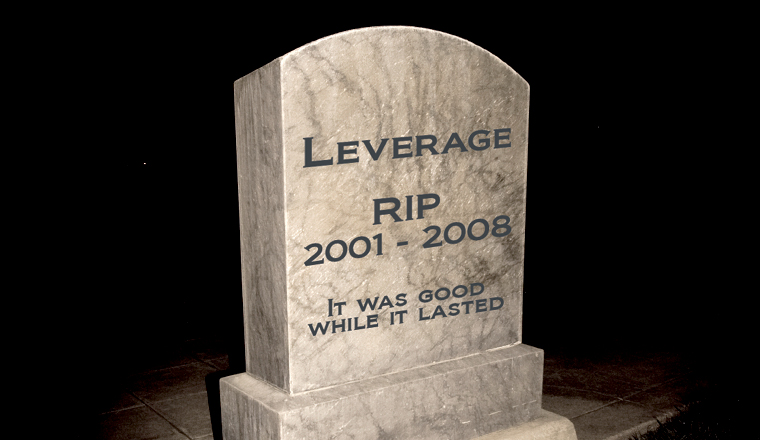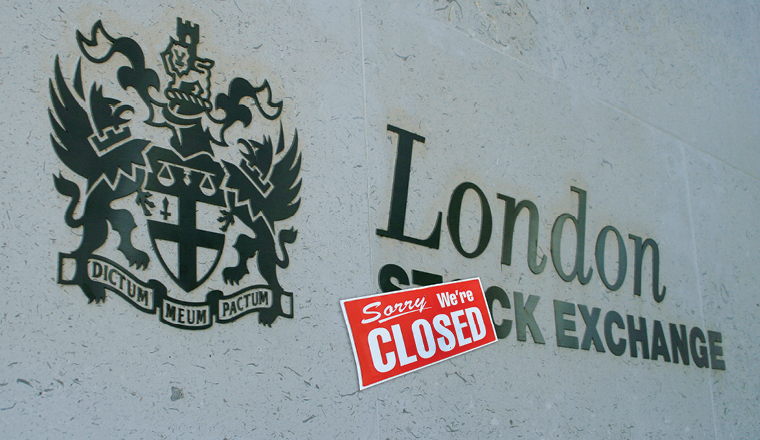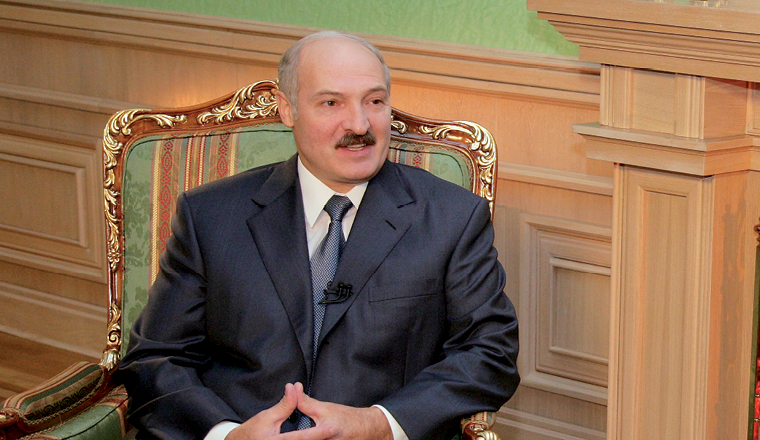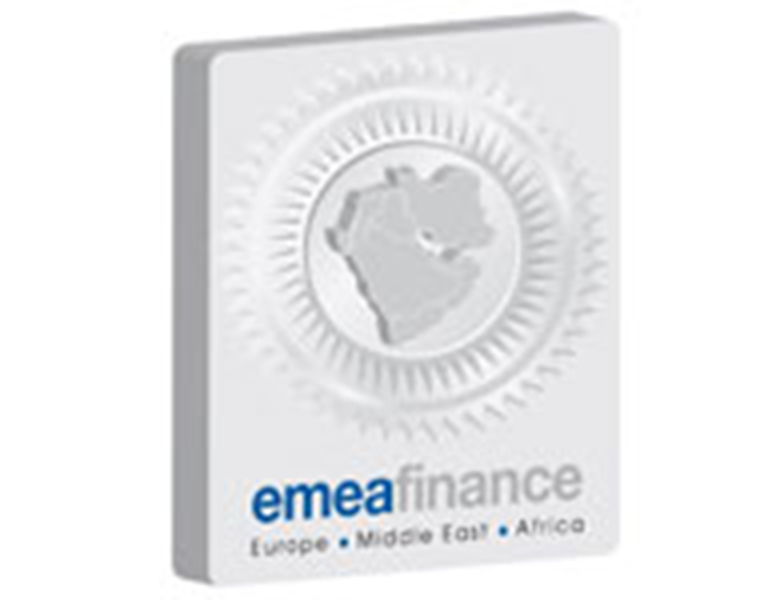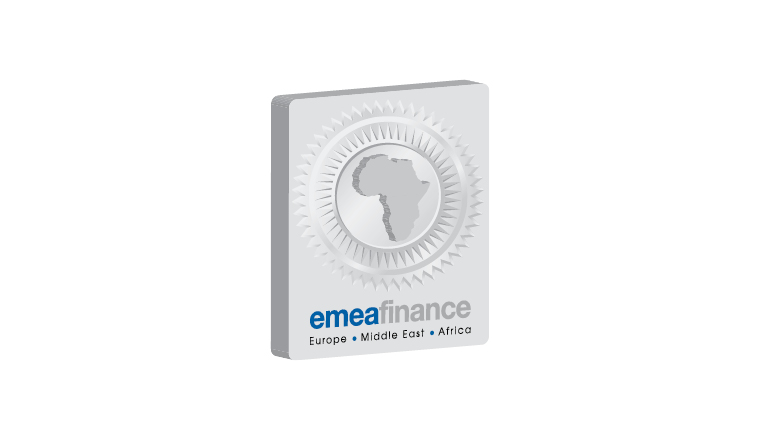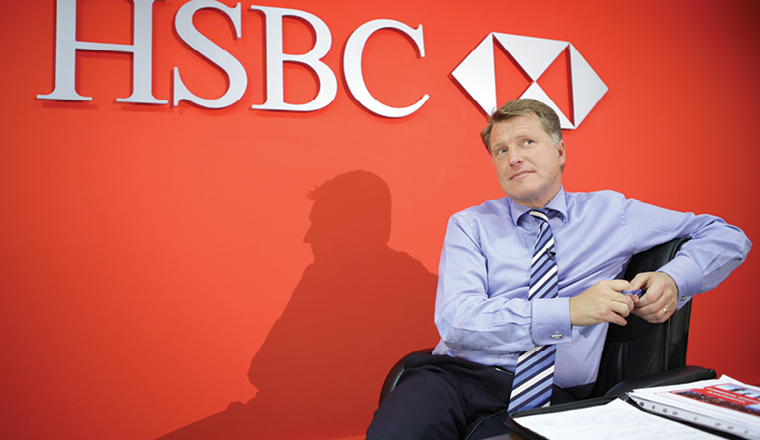The IMF had its busiest month ever in November, lending a record US$41bn. But who will bail it out if it runs out of cash?
In January 2008, the IMF’s managing director, Dominique Strauss-Kahn, sent out a confidential document to the fund’s 2,400 full-time staff, telling them to get ready for the axe.
The memo said the staff should prepare for the “trauma” of sizeable downsizing, with around a sixth of the staff to be fired, and the staff budget of the fund to be reduced by US$100mn. “This is not a good time for staff”, the memo read. “Their expectation of a full career at the fund in exchange for their unflinching dedication and loyalty is in question.”



